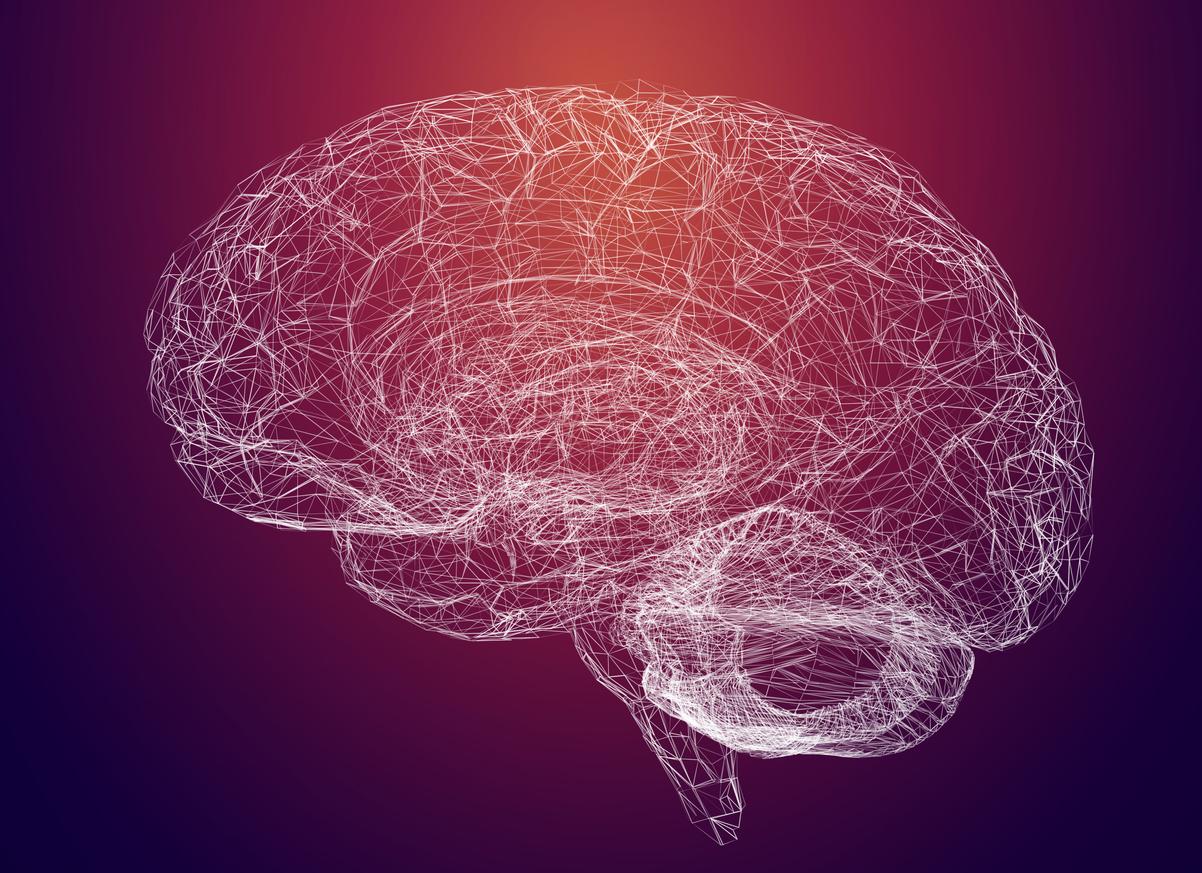See the dossier Food: feasting, healing or poisoning yourself?
MONTREAL (PasseportSanté.net) December 8, 2005 – In his book To cure1, David Servan-Schreiber presented omega-3s as an important tool in emotional medicine. But there is something new in the message delivered by the famous psychiatrist during the Conferences Press/ Radio-Canada presented in collaboration with PasseportSanté.net. Indeed, many children with behavioral problems or school difficulties would also benefit from an additional supply of nutrients, particularly omega-3.
Research on this subject is increasing and, according to him, the results are often astounding. For example, omega-3 fatty acid supplements were given for 12 weeks to children 8 to 12 years old with learning difficulties, whose attention deficit symptoms ranged from below. above average2. The researchers concluded that such supplementation reduced attention deficit symptoms in these young people. “When you give what is essential for the development of the brain, the brain works!” », Comments Dr Servan-Schreiber.
|
Omega-3 supplements for children? |
Omega-3s instead of Ritalin for children
In another study, this time conducted by the University of Oxford3, incarcerated and violent young adults received vitamin, mineral and omega-3 fatty acid supplements. “In this research, we observed a 35% reduction in acts of violence, compared to a group with placebo. It’s huge! And to think that it was just the nutrients we should all have in our breakfast cereals! », Exclaims Dr Servan-Schreiber.
According to him, we tend to believe that young people are delinquents because, from disadvantaged backgrounds, they are badly brought up. “These are important factors, of course. But people in poor neighborhoods often eat poorly. However, we know that if we do not put in the brain what it needs to function, that causes aberrant behaviors, ”he continues.
What saddens David Servan-Schreiber is that phenomenal amounts of psychostimulants (Ritalin, for example) and antidepressants are prescribed to children, and more and more, while the way of nutrition and supplements is still almost completely ignored.
Food, the first medicine
Despite some commercial hype, omega-3s are still not getting the attention they deserve from healthcare professionals for treating people with depression, bipolar disease, and personality disorders.
|
A deficient diet |
Without expressing too negative a judgment, since he is naturally polite, David Servan-Schreiber points out to his audience that, surprisingly, at no time in his training in medicine, then in psychiatry, was there any question of diet related to mood or behavior. It was during his postdoctoral studies in neuroscience that he learned about the intimate link between biology and emotions. This led him to take an interest in omega-3 fatty acids essential for the biology of the brain. However, essential fatty acids are obtained through food!
David Servan-Schreiber is sometimes frustrated by the slowness of the medical system to recognize natural healing pathways. “Ï¿½But it will! Ï¿½,” he blurted out. He also criticizes this system for compensating for the poor lifestyles of the population with even more drugs.
Adept of the Mediterranean diet – thanks to which we can improve all of our health parameters – David Servan-Schreiber recalls that omega-3 supplements should only be used during a period of transition, until the diet provides all essential fatty acid requirements.
|
Nutritional advice from Dr David Servan-Schreiber
|
Lucie Dumoulin – PasseportSanté.net
1. Servan-Schreiber, David. Heal stress, anxiety and depression without drugs or psychoanalysis, Editions Robert Laffont, 2003, 302 pages. You can read the review of this book on our site.
2. Richardso AJ, Puri BK. A randomized double-blind, placebo-controlled study of the effects of supplementation with highly unsaturated fatty acids on ADHD-related symptoms in children with specific learning difficulties, Prog Neuropsychopharmacol Biol Psychiatry, 2002 Feb; 26 (2): 233-9.
3. Gesch CB, Hammond SM, Hampson SE, et al. Influence of supplementary vitamins, minerals and essential fatty acids on the antisocial behavior of young adult prisoners, Br J Psychiatry, 2002 Jul; 181: 22-8.

















